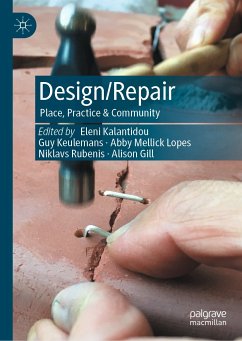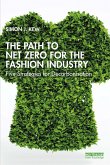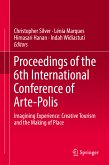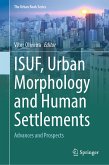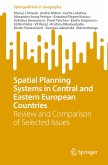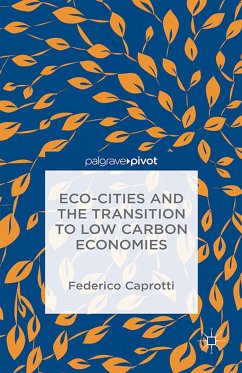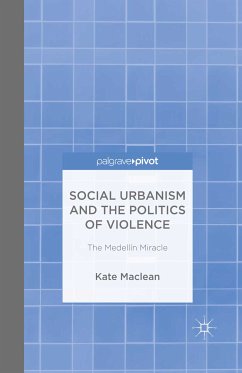Eleni Kalantidou is a design psychologist, researcher and educator at Griffith University. Her research investigates alternative models of behavioural change, repair, community resilience and social impact within conditions of climate change. She has conducted community-led repair projects in collaboration with the local government, national and international NGOs.
Guy Keulemans is a designer, artist and curator researching repair, reuse, materiality and the environmental impacts of production and consumption. An Enterprise Fellow at the University of South Australia, his current research explores bioregionality and transformative design practices in partnership with industry.
Abby Mellick Lopes is an Associate Professor in Design Studies at UTS. Abby's research focuses on the role of design in addressing the impacts of climate change and supporting the transition to more sustainable urban cultures and economies through engaged research partnerships. She is part of federally-funded (ARC) research projects about waste economies and living with urban heat.
Niklavs Rubenis is a designer and maker focused on craft, design, ethics and people. He has been involved with projects spanning community, non-profit, commercial and cultural institutions, and has had work presented and exhibited nationally and internationally. He is coordinator of design and object and furniture at the School of Creative Arts and Media, University of Tasmania.
Alison Gill is an interdisciplinary design researcher and educator at Western Sydney University. Alison's research in socio-material studies investigates pathways to more sustainable living by design, evident in publications about social practices of repair; alternative conceptions of use and consumption; deconstruction and slow fashion; and sustainable design education.
Dieser Download kann aus rechtlichen Gründen nur mit Rechnungsadresse in A, B, BG, CY, CZ, D, DK, EW, E, FIN, F, GR, HR, H, IRL, I, LT, L, LR, M, NL, PL, P, R, S, SLO, SK ausgeliefert werden.

